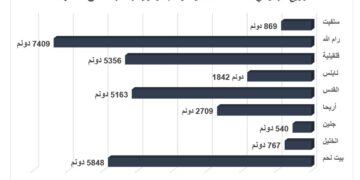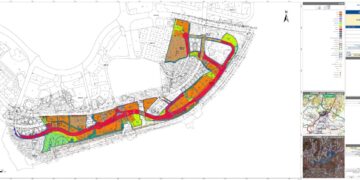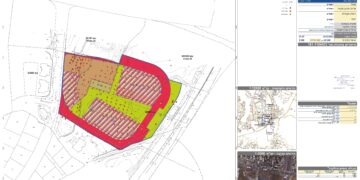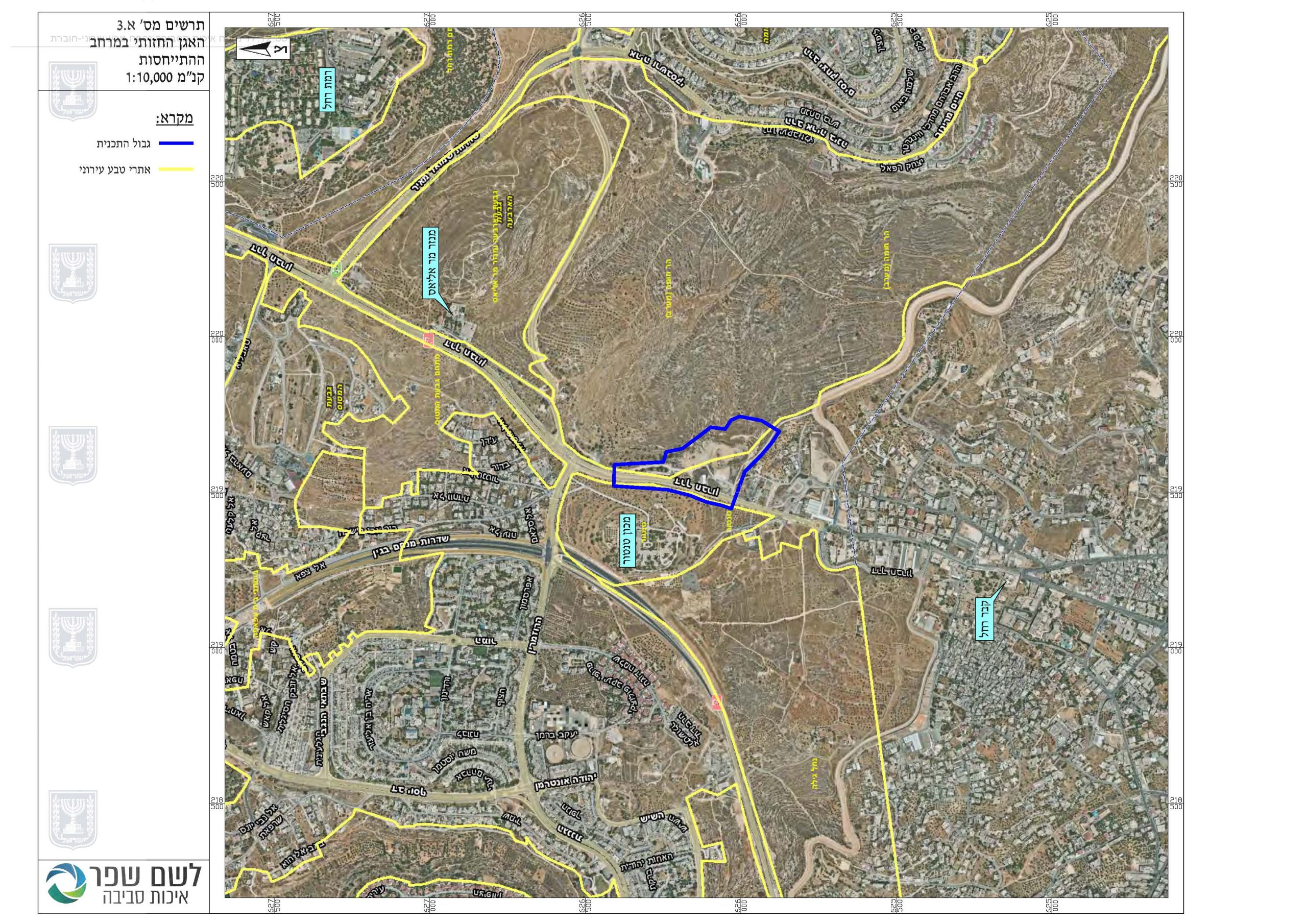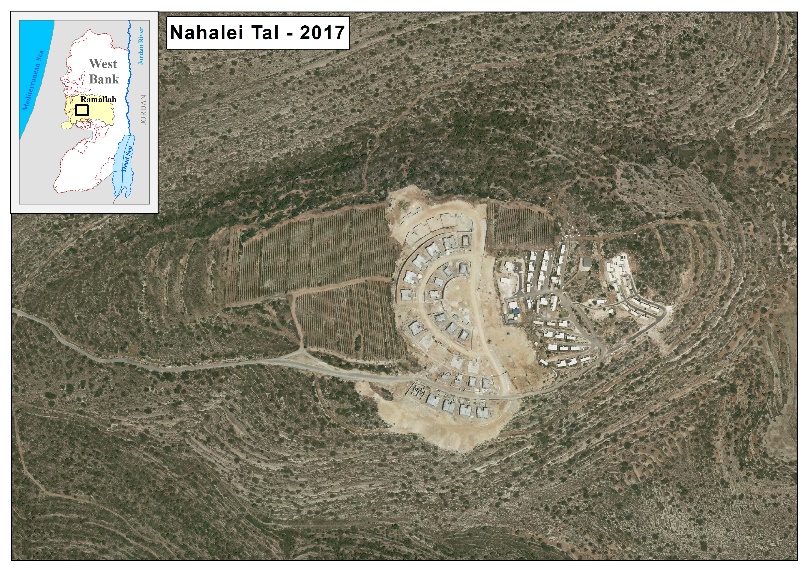- Violation: the expansion of the colony of Ma’aleh Ephraim on Al- Jiftlic land
- Location: Al-Jiftlik village lands, north of Jericho.
- Date of Violation: 24/09/2020.
- Perpetrators: the Israeli occupation authorities.
- Affected party: the people of the region.
Violation details:
On the eastern slopes overlooking the Palestinian Jordan Valley, specifically on the lands of the village of Al-Jiftlik, the occupation began sweeping large areas of the lands surrounding the settlement of “Ma’ale Ephraim”, with the aim of expanding the colony’s structure and also increasing the area controlled by the colony.
According to the field follow-up at the site of the violation, the occupation, using seven bulldozers, began raising and leveling more than 90 dunums of pastoral lands, which were classified by the occupation as “government lands”, most of which are located in the eastern side of the settlement of Ma’aleh Ephraim. The target land is located outside the organizational structural plan for the colony, on lands confiscated by the occupation sin 1970 before they were converted into state lands in the eighties of the last century.



 Photos 1-4: Sweeping and leveling of lands for the expansion of Ma’aleh Efraim
Photos 1-4: Sweeping and leveling of lands for the expansion of Ma’aleh Efraim
It is noteworthy that the settlement of “Ma’aleh Ephraim” was established in the year 1978 on the lands of the village of Al-Jiftlik. Today, it occupies an area 1464 dunums and inhabited by 1206 settlers by the end of the year 2018.
The colony occupies a strategic location which overlooks the central Jordan Valley area and connects the Jordan valley road No. 90 with Israel proper through trans Samaria road No 5.
During 2019, the Israeli Ministry of Housing ratifies a bid to build a large number of housing units inside the colony, which is is classified as a regional council colony and enjoys great privileges in terms of housing and vital services that ensure its continuous growth.
United Nations General Assembly resolutions on Israeli settlement
1- United Nations General Assembly resolution of 20/1/1972, in which it demanded that Israel is asked to stop a number of measures and practices, including (building Israeli settlements in the occupied Arab territories and transferring some of the civilian population from Israel to the occupied Arab territories).
2- United Nations General Assembly resolution of 15/12/1972, in which the General Assembly requested Israel to stop annexing any part of the occupied Arab territories, establishing settlements in those lands, and transferring the population to them.
3- United Nations General Assembly of 7/12/1973, in which the General Assembly expressed its grave concern over Israel’s violation of the provisions of the Fourth Geneva Convention of 1949 and all measures taken by Israel to change the features of the occupied territories or their demographic composition, and considered them a grave violation of international law.
4- United Nations General Assembly Resolution of 29/11/1974 in which the General Assembly expressed its deepest concern over the annexation by Israel of some parts of the occupied territories, the establishment of settlements and the transfer of residents to them.
5- United Nations General Assembly resolution of 15/12/1975, consisting of four sections, and in the first section it condemned all the measures that Israel practices in the occupied territories, describing these practices as serious violations of the United Nations Charter and an obstacle to the establishment of a lasting and just peace in the region, stressing that these procedures are null and void, and have no basis of legitimacy.
6- General Assembly Resolution of 28/10/1977, which affirmed in its first clause that all measures and actions taken by Israel in the Palestinian territories and other Arab territories occupied in 1967 are legally untrue, and are a serious obstruction to the endeavors to reach a just and permanent peace in the Middle East. The General Assembly also deeply regrets that Israel continues to implement these measures, in particular the establishment of settlements in the occupied Arab territories.
Prepared by



